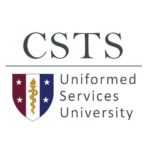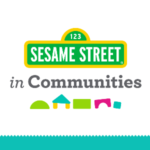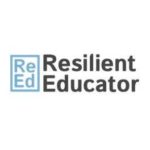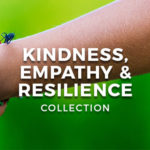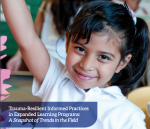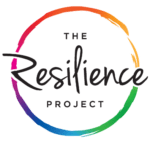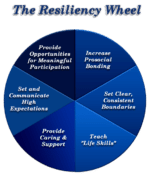Resiliency
Ideal interventions promote the evidence-based principles of Psychological First Aid (PFA), including: safety calming, self- and community-efficacy, social connectedness, and a sense of hope/optimism. Information relevant to this event and links to brief, easy to read, action-oriented education fact sheets are provided in the link below.
Violent attacks that target people because of their identities happen around the world with disturbing frequency. What can educators do to help students reflect on and understand these attacks?
Sesame Street in Communities is an online community for sharing Sesame Street’s free educational resources with the adults in children’s lives.
This resource published by Resilient Educator provides trauma-informed teaching and self-care resources.
“Educator Resilience and Trauma-Informed Self-Care” includes a self-care self-assessment with key strategies for fostering resilience and a self-care planning tool to assist educators in identifying areas of strength and growth related to self-care and developing self-care plans.
This collection of videos and lesson plans is about kindness, empathy, and the importance of practicing mindfulness. These resources will help educators foster resilience in students grades 6-12, and include strategies to help teenagers cope with the stresses of everyday life, as well as specific challenges. The collection offers proactive approaches to help students forge new friendships and explore the concepts of self-care, care for others, and the responsibilities associated with being a supportive community member.
Trauma-Resilient Informed Practices in Expanded Learning Programs: A Snapshot of Trends in the Field
The mission of the Region 11 Expanded Learning Technical Assistance Unit is to build and strengthen the Expanded Learning Programs’ (ELPs’) capacity to develop, implement, and sustain high-quality year-round programming (before school, after school, intersession, and summer).
About LA’s BEST Afterschool Enrichment Program
LA’s BEST Afterschool Enrichment Program plays a vital role in the lives of more than 25,000 unique and talented elementary school students who come from neighborhoods with the fewest resources and the greatest needs. LA’s BEST engages children creatively, emotionally, intellectually, and physically, empowering them to explore and discover the opportunities in their lives. We inspire and prepare children to create lives full of choices
The Child & Adolescent Health Measurement Initiative (CAHMI)’s mission is to promote the early and lifelong health of children, youth, and families. Part of fulfilling this mission is to disseminate data, information, and ideas to understand and address social determinants of health, like adverse childhood experiences and the trauma and chronic and toxic stress that can result and impact lifelong health. A primary focus is on promoting the development of positive health, such as resilience, engagement in life, and the safe, stable, and nurturing relationships most essential to child development and well being.
“Changing the Way We Talk to Teens About Tragic Events” is an article about some strategies for talking to teens about mass shootings, terrorism or unexpected attacks.
A publication including information, research, handouts and activities for youth to gain knowledge on resiliency.
At The Resilience Doughnut, we have designed a comprehensive strategy for teaching the Resilience Doughnut process to primary school students, teachers and parents in a school setting. This process is flexible so that it can be adapted to your school’s current curriculum needs and structures.
Resilience Wheel Training (RWT) is for anyone who has experience in high-stress environments. By learning the concepts and practicing program components – “turning the wheel” – you gently and deeply increase your resilience – your ability to “bounce back.”
